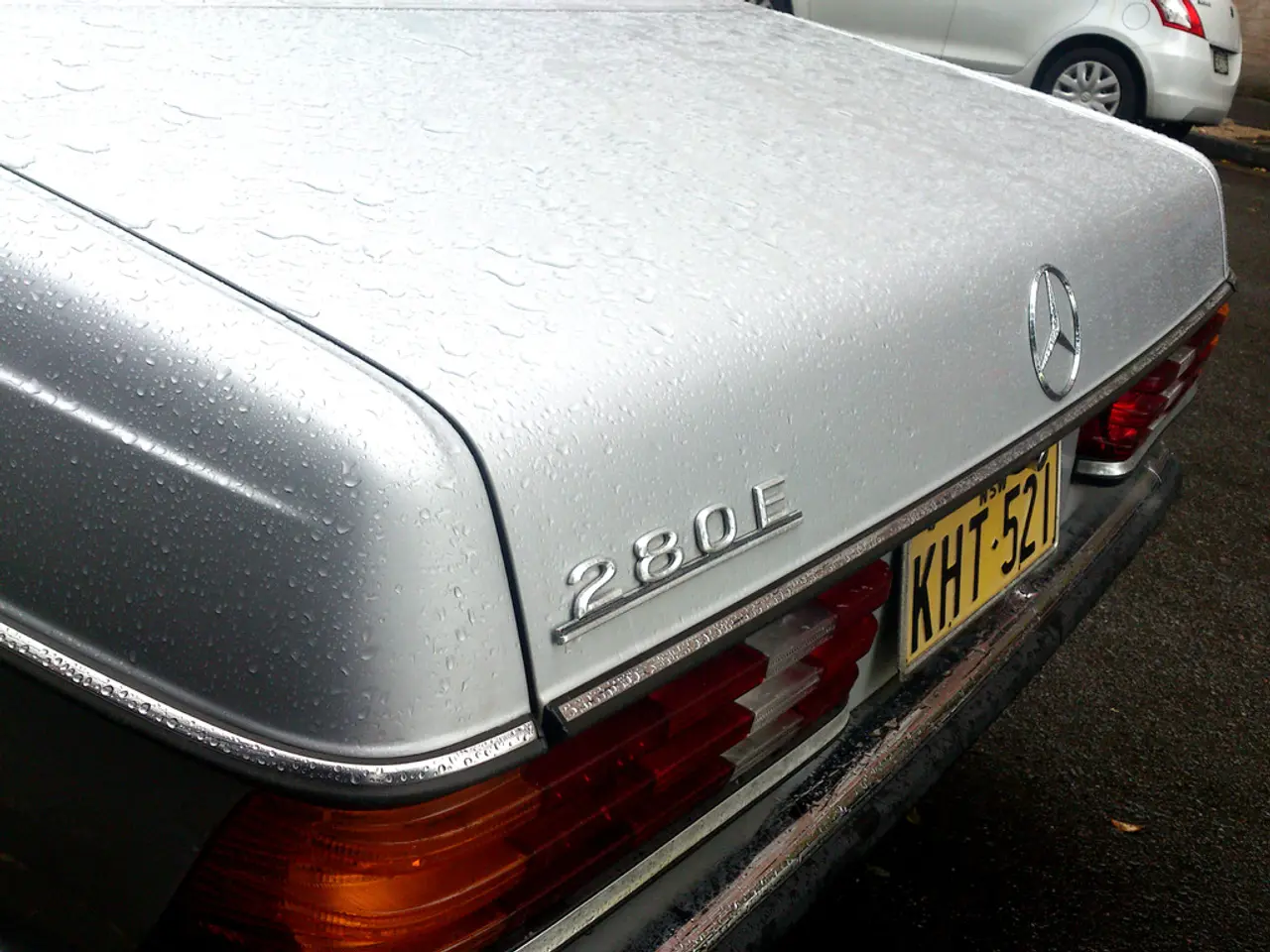Volvo's Business Entities: An In-depth Analysis of Volvo's Subsidiaries and Partner Companies
In the world of automotive and construction industries, the Volvo Group stands tall as a global powerhouse. Established in 1927, the Swedish conglomerate has expanded its reach and technological prowess significantly over the years, thanks in part to strategic partnerships and acquisitions.
One such partnership is with Geely, a Chinese multinational automotive company, which has had a significant influence over Volvo Cars since 2010. This collaboration has helped both companies expand their global reach and improve their technological capabilities.
Volvo Cars, although separate from the Volvo Group, was sold off to Ford Motor Company in 1999 before being acquired by Geely Holding Group in 2010. Today, Volvo Cars is an independent company primarily focused on manufacturing Volvo-branded vehicles, including models like the Volvo EX90, XC40, S90, and EX30. It operates globally with various dealerships and service partners.
The Volvo Group, on the other hand, owns and operates trucks under various brand names including Volvo Trucks, Renault Trucks, Mack Trucks, and UD Trucks. Volvo Trucks manufactures and sells over 100,000 trucks annually worldwide. Renault Trucks operates primarily in Europe while Mack Trucks has its focus on North America.
Volvo's geographical expansion plays a significant role in its acquisition of SDLG, a company that specializes in producing robust and reliable construction equipment, particularly known for their high-quality range of wheel loaders and excavators. This acquisition provides direct access to vast Asian markets.
In the construction equipment sector, SDLG and Terex Trucks are brands owned by Volvo. The success of these brands positively reflects on the mother company, Volvo.
AB Volvo Penta, a subsidiary company of Volvo, manufactures engines and complete power systems for marine applications, industrial applications, and everything from irrigation systems to power generation equipment. AB Volvo Penta is renowned for their innovative approach and has successfully positioned themselves as leaders in their industry.
Volvo Bus Corporation is one of the world's largest manufacturers of buses and coaches. The corporation's extensive range includes city buses, intercity models, and luxury tourist coaches. Volvo Buses focuses on bus and coach manufacturing, promoting greener transport with electric buses gaining momentum. In 2019, Volvo Bus Corporation sold 10,790 buses, and in 2020, they sold 8,621 buses.
Volvo has collaborations with Google for Android-based infotainment systems and formed Zenuity, a joint venture dedicated to creating software for self-driving cars, a testament to how forward-thinking and adaptable Volvo can be when navigating the future landscape of automotives. Zenuity focuses on developing advanced driver assistance systems (ADAS) and autonomous driving (AD) technologies.
In recent years, Volvo has made strategic business moves such as the acquisition of WirelessCar, a leading digital service developer in automotive technology services, which enhances vehicle connectivity. The company also acquired Luxe, an American-based startup known for its innovative parking solutions, aiming to make parking less of a hassle for customers by integrating Luxe's technology into their cars.
Lynk & Co is a joint venture between Geely Auto and Volvo Cars. Penta and Lynx are companies owned by Volvo in marine and industrial drive systems. CEVT (China Euro Vehicle Technology) is an innovation center developing modular architectures for Volvo Cars.
The success of these subsidiaries and joint ventures positively reflects on the Volvo Group, demonstrating its commitment to innovation, sustainability, and customer-centric solutions across various industries.








